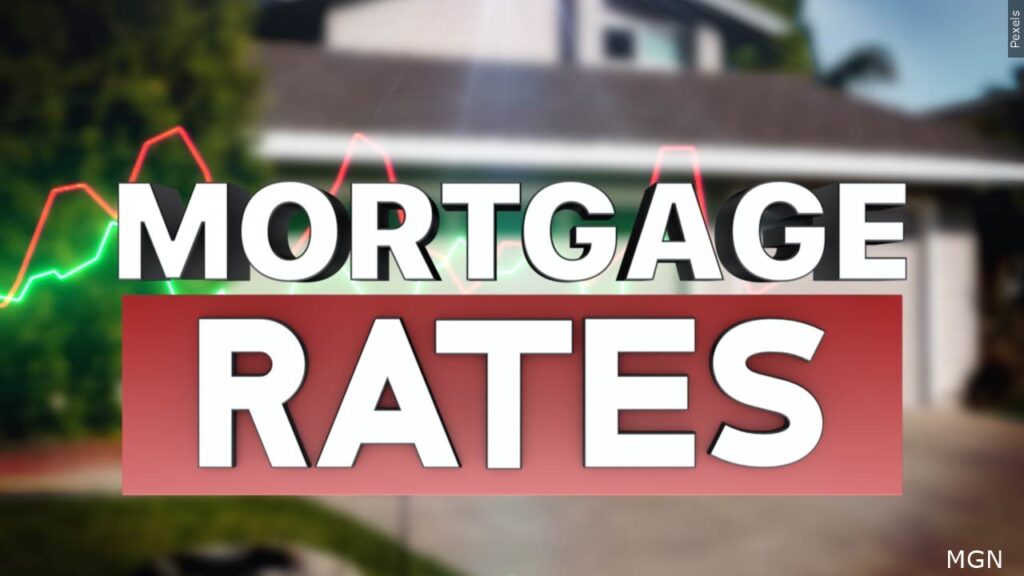Finding the right financial planner can feel like searching for a needle in a haystack. But it doesn’t have to be! This guide will help you navigate the process of finding a financial planner near you, ensuring you’re making the best choice for your financial future.
Understanding Your Financial Needs
Before you start your search, take some time to understand your specific financial goals. Are you saving for retirement? Planning for your children’s education? Looking to invest? Knowing your needs will help you identify the right type of planner for your situation. Consider using online resources like the SEC website to learn more about different financial planning strategies.
Defining Your Search Area
Start by defining a geographic area where you’re comfortable meeting with a planner. This could be your city, county, or even a wider region. Many planners offer both in-person and virtual consultations, so consider your preferences. 
Using Online Search Tools
Online search engines are a great starting point. Search for terms like “financial planner near me,” “financial advisor [your city/region],” or “fee-only financial planner near me.” Pay attention to reviews and ratings when evaluating potential candidates.
Checking Credentials and Certifications
It’s crucial to verify a planner’s credentials and certifications. Look for professionals who hold designations like Certified Financial Planner (CFP), Chartered Financial Consultant (ChFC), or Chartered Investment Counselor (CIC). You can often find this information on their websites or through professional organizations like the Financial Planning Association. Understanding these credentials can help you make an informed decision; read more about them on our guide to financial certifications.
Considering Fees and Payment Structures
Financial planners typically charge fees based on different models, such as hourly rates, percentage of assets under management (AUM), or fixed fees for specific projects. Understanding these fee structures is critical to budgeting for your financial planning services. [IMAGE_2_HERE]
Scheduling Consultations
Once you’ve narrowed down your list of potential planners, schedule consultations to meet with them in person or virtually. This allows you to discuss your goals, ask questions, and assess their suitability for your needs. A good planner will take the time to listen and understand your financial situation. Remember to utilize available resources such as the Consumer Financial Protection Bureau.
Reviewing Their Experience and Specializations
Assess the planner’s experience and specialization. Do they have a strong track record of helping clients achieve similar goals to yours? Do they specialize in areas relevant to your needs, such as retirement planning, estate planning, or tax planning? Learn more about finding a specialist here.
Building a Long-Term Relationship
Finding a financial planner is about more than just a one-time consultation. It’s about building a long-term relationship with a trusted professional who can guide you through all aspects of your financial life. [IMAGE_3_HERE]
In conclusion, finding the right financial planner requires careful research and consideration. By following these steps, you can increase your chances of finding a qualified professional who will help you achieve your financial goals.
Frequently Asked Questions
What qualifications should I look for in a financial planner? Look for certifications like CFP, ChFC, or CIC, and check their experience and track record.
How much does a financial planner typically cost? Fees vary, depending on the model (hourly, AUM, or project-based). Discuss fees upfront.
How often should I meet with my financial planner? Meeting frequency depends on your needs and the complexity of your financial situation. This is something you can discuss with your chosen planner.
What if I’m not happy with my financial planner? You’re free to switch to another professional at any time. Don’t hesitate to seek a second opinion or explore different options if you feel unsatisfied.
Are there any free resources available to help me learn more about financial planning? Yes, many reputable sources offer free educational materials. Check out our free resources page for additional information.



